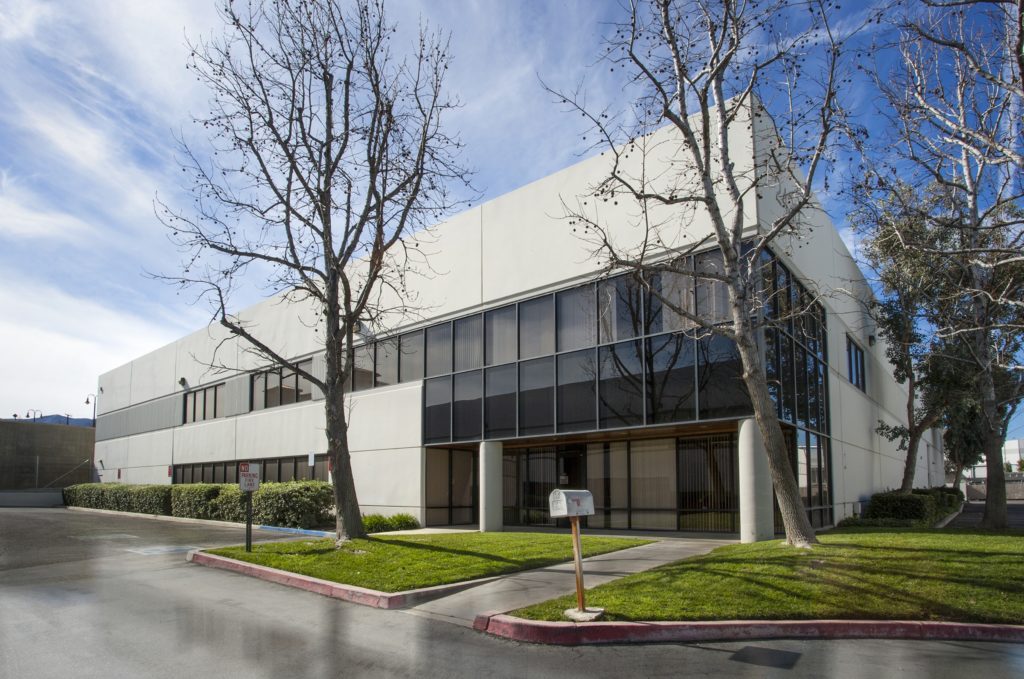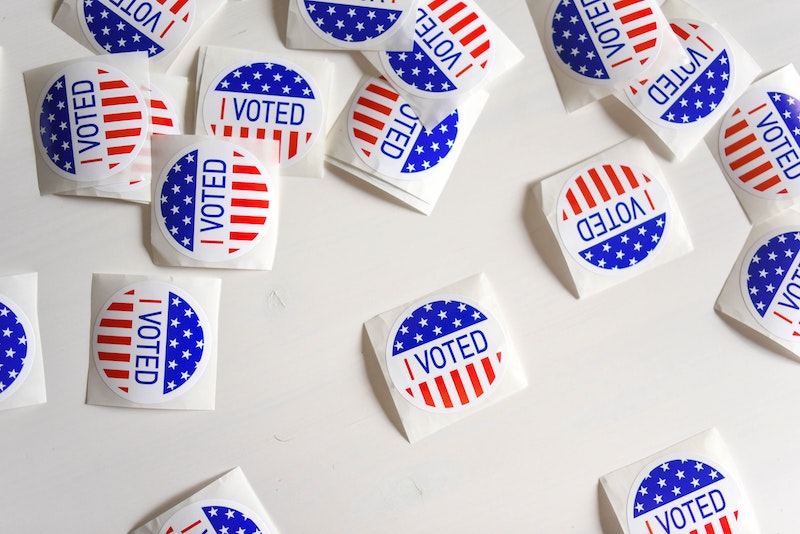With the election just a day away, we thought it would be a good time to take one last look at the big issues that will influence the general economy and the commercial real estate industry.
To say that this election cycle has been interesting is an understatement. And to say that it has been downright bizarre is also not an overstatement.
The COVID-19 virus is arguably the biggest election wild card in American history. Add unprecedented levels of partisan ranker and flare-ups of civil unrest still in the headlines and we’ve got a really donnybrook on our hands.
Over 70 million votes, more than half of all counted in the November 2016 election, have already been cast. Worry over how many will be counted properly is a major concern on both sides of the political aisle.
National polls are sending mixed messages, but most point to a close presidential race that may take days, weeks or even months to decide. All this raises the level of uncertainty for investors, business owners and workers, which is already at a high point.

The first estimate of Q3 GDP hit an all-time high, 33%, but even with that gain, the economy is still well behind year-over-year. A surge of business re-openings gave us a boost in Q3, but a recent spike in virus cases threatens new lockdowns that could take us back in the wrong direction. So, nobody knows where we are really headed.
What follows is an outline of possible changes in policy rather than politics. As commercial real estate professionals, we see it as our responsibility to share with you thoughts on actions that could affect the value of your real estate over time, and that is our focus here.
Looking at issues that are front and center for the real estate industry, the key word is taxes. The incumbent administration was successful in pushing through a massive tax cut back in 2017, which gave the economy a boost by encouraging capital investment through lower corporate and personal income tax rates. If the current resident of the White House gets a second term, those cuts are expected to remain in place and further cuts may also be on offer. The challenger is proposing several tax increases, a move that could slow the flow of capital and consumer spending, the two major components of GDP, going forward.
Specifically, Mr. Biden’s policy platform calls for the elimination of tax-deferred exchanges, the step-up rule and capital gains tax rates, all key drivers in the commercial real estate decision process. He would also raise the highest marginal personal income tax rate back up to 39.6% and bump the corporate income tax rate to 28% from the current 21%. Tax on corporate income earned outside the US would also be taxed at a higher rate.

If that weren’t already enough, he also plans to impose a payroll tax of 12.4% on wages above $400,000 per year and lower the estate tax threshold to $5 million from $11.2 million for individual estates. If any or all of these proposed tax hikes are enacted, we can say for sure that estate planning attorneys and accounting experts will be very busy for the next few years. These tax proposals could also severely disrupt commercial real estate markets across the country, as investors take bold action to reposition their portfolios before new tax provisions become law. Click here to see our previous posts on these issues.
Looking at the election at the state level, Proposition 15 is the biggest threat to the commercial real estate industry we have ever seen. If it passes, almost all commercial properties will be reassessed to full market value, which proponents of the measure say will raise property taxes by up to $12 billion per year beginning in the 2022-2023 tax year, which is just around the corner. Higher operating expenses mean lower net operating income and that means lower property values. Tenants, who typically pay all or a significant portion of property taxes in addition to monthly rent, will be hit hard and are likely to pass higher operating costs along to consumers by way of higher prices, or to their employees via lower wages and fewer jobs.
A lot is at stake for commercial property owners and occupiers on November 3rd regardless of political party affiliation. If the challenger wins and is successful in enacting his tax policy and California Proposition 15 passes, it could completely change the landscape of commercial property investing. We shall see.


Leave a Reply
You must be logged in to post a comment.